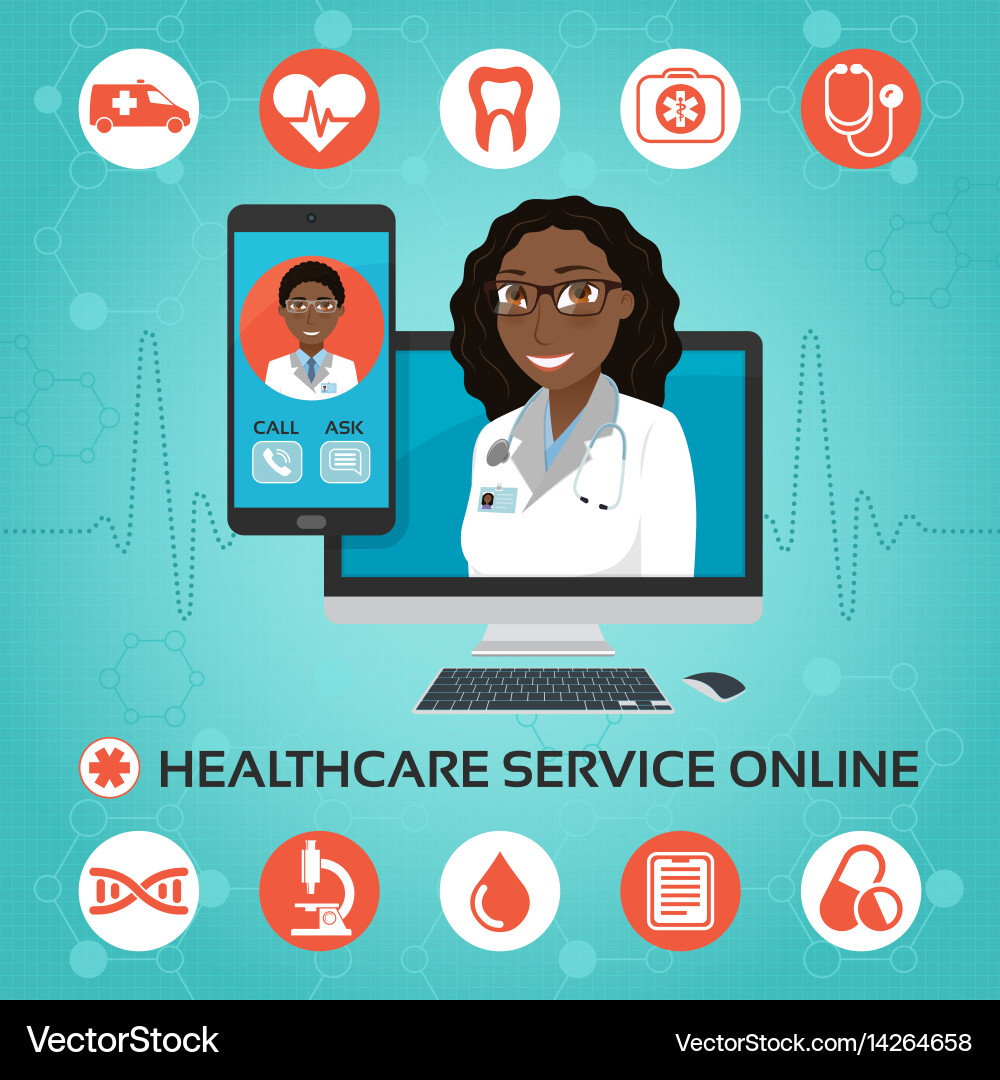The Rise of Subscription-Based Medical Care and Its Impact on Person Care
As healthcare advances, the subscription-based design is obtaining grip, assuring to transform patient treatment by supplying predictability and availability. These models, which bypass traditional insurance coverage, can redefine the patient-doctor dynamic, stressing individualized and preventative care. Yet, just like any type of advancement, they present obstacles, especially concerning equitable access for all socioeconomic groups. The capacity for these models to reshape medical care shipment raises pushing inquiries about their lasting sustainability and inclusivity. Are these subscription solutions the future of medical care, or do they take the chance of leaving prone populaces behind? The details of this shift warrant a better examination.
Understanding Registration Healthcare Versions
Comprehending the concept of membership medical care models includes examining a transformative strategy to clinical solutions that highlights affordability and access. These designs, often referred to as direct medical care (DPC) or attendant medication, have actually emerged as innovative alternatives to conventional fee-for-service healthcare systems. Subscription medical care enables individuals to pay a set regular monthly or annual cost for a specified set of clinical solutions, which might consist of limitless workplace visits, routine check-ups, and standard laboratory examinations, without the requirement for traditional insurance billing.
The structure of subscription health care models is designed to improve individual care by eliminating third-party payers and complex payment codes, thus minimizing administrative worries. Doctor can concentrate extra on individual care, cultivating stronger patient-provider partnerships. This version likewise promotes preventative treatment by motivating routine sees, as the economic challenge of per-visit fees is removed.
The membership version commonly encourages doctor to manage smaller sized patient panels, enabling more personalized treatment. It aligns economic rewards with person wellness results, as companies are encouraged to preserve client fulfillment and wellness. Overall, understanding registration healthcare versions calls for recognizing their prospective to improve how care is provided and accessed.
Advantages for Patients and Service Providers

With a constant income stream, health care experts can commit more time to each individual, leading to a more individualized and thorough care experience. The emphasis on preventative treatment within subscription strategies can lead to better individual results and minimized lasting healthcare expenses.
Difficulties and Issues
While subscription-based healthcare versions existing various benefits, they also come with a set of difficulties and problems that need to be resolved. This increases honest inquiries concerning equitable accessibility to health care services.
Financial sustainability of subscription-based designs is an additional concern. Companies need to stabilize the fixed earnings from registrations with the variable costs of health care services, which may rise and fall as a result of unanticipated medical requirements. This can create stress to restrict services or boost fees, potentially influencing person fulfillment and care high quality.
Additionally, regulative oversight of subscription-based medical care models is still developing. find out this here The lack of standardized structures can lead to inconsistent solution quality and liability, making complex efforts to guarantee client defense. The combination of modern technology-- typically a cornerstone of these models-- increases questions about information privacy and security, as delicate individual information might be susceptible to violations. Attending to these challenges is vital for the effective and equitable application of subscription-based healthcare.
Influence On Patient-Doctor Relationships
One substantial influence of subscription-based healthcare designs on patient-doctor relationships is the capacity for enhanced continuity and individualized care. By adopting a subscription version, medical professionals can take care of a smaller client panel, permitting for more devoted time with each individual. This boosted schedule cultivates a much deeper understanding of a person's clinical history, way of life, and choices, allowing more tailored treatment strategies and treatments.

Nonetheless, it is necessary to identify that while subscription-based designs may benefit those who can afford them, they could unintentionally widen health care disparities. Individuals who are unable to join these models may experience reduced access to individualized care, possibly impacting their connections with doctor. Hence, while the registration version supplies appealing advantages for patient-doctor connections, it also positions obstacles that require to be resolved to make sure equitable health care gain access to.
Future of Healthcare Gain Access To

The role of modern technology can not be forgotten in this transformation. Telemedicine platforms and digital health documents facilitate seamless interaction between people and healthcare service providers, breaking down geographical and logistical barriers. Additionally, developments in man-made intelligence and information analytics can additionally customize clinical treatment by predicting person demands and maximizing therapy plans.
Nevertheless, the future of health care accessibility additionally provides difficulties, such as ensuring equity across various socio-economic groups. Policymakers and medical care companies need to work together to connect the electronic divide, guaranteeing that subscription-based models remain economical and inclusive. As these systems grow, they hold the pledge of making health care a lot more obtainable, reliable, and patient-centric.
Verdict
Subscription-based health care designs are improving patient treatment by providing a steady cost structure and enhancing availability. These models enhance patient-provider partnerships through personalized care and regular gos to, highlighting preventative health and wellness. Regardless of these benefits, obstacles such as availability problems for low-income populaces and the demand for fair medical care remedies linger. The rise of subscription-based health care encourages aggressive client engagement, which has the potential to enhance individual results and fulfillment, signifying a transformative shift in healthcare delivery.
As health care evolves, the here subscription-based model is getting grip, guaranteeing to change patient treatment by offering predictability and ease of access.Subscription-based medical care designs provide distinct benefits for both people and carriers, enhancing the overall medical care experience.As medical care systems progress, the future of medical care access often pivots on the assimilation of innovative designs and technologies.Subscription-based medical care models are reshaping person treatment by offering a steady expense framework and improving accessibility. The increase of subscription-based medical care encourages proactive client engagement, which has the potential to boost person results and fulfillment, signaling a transformative shift in medical care delivery.